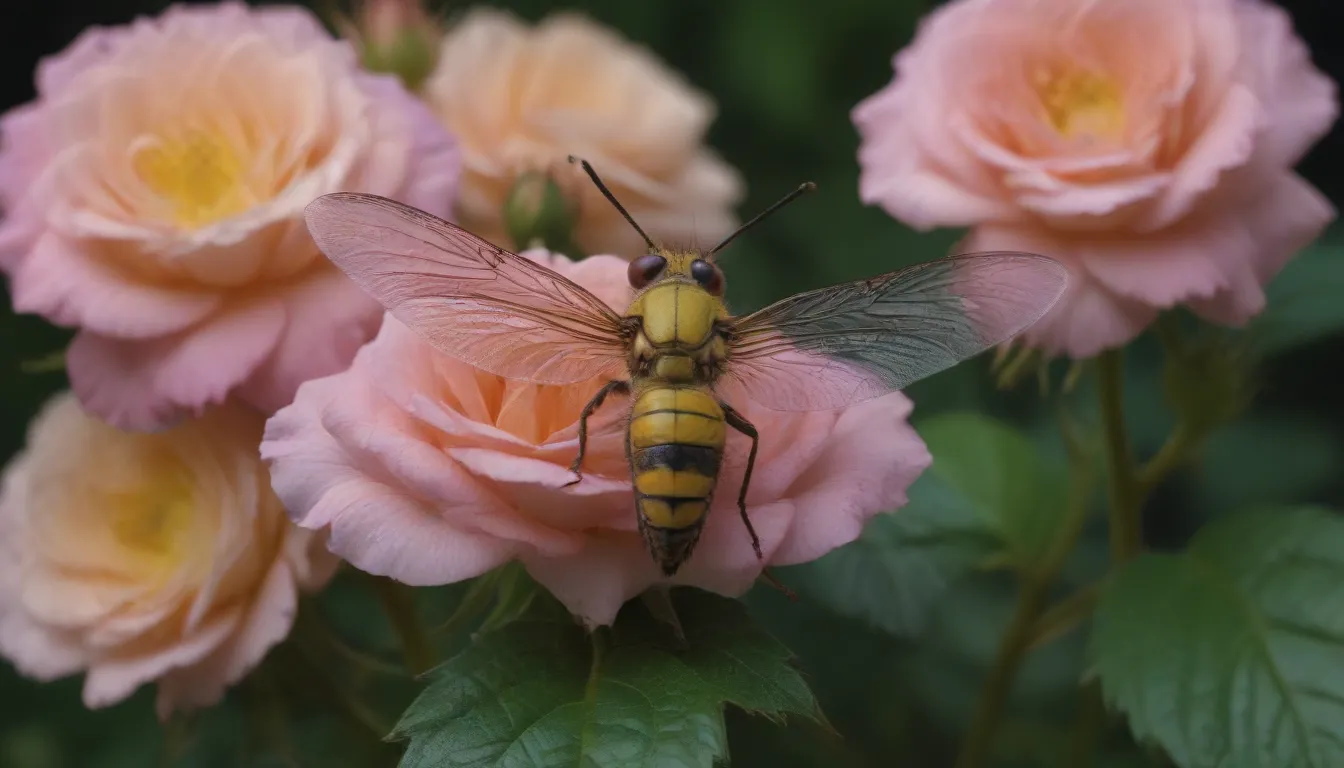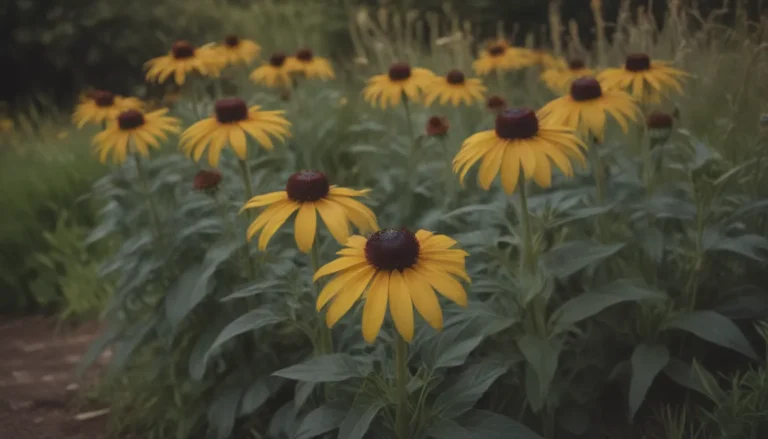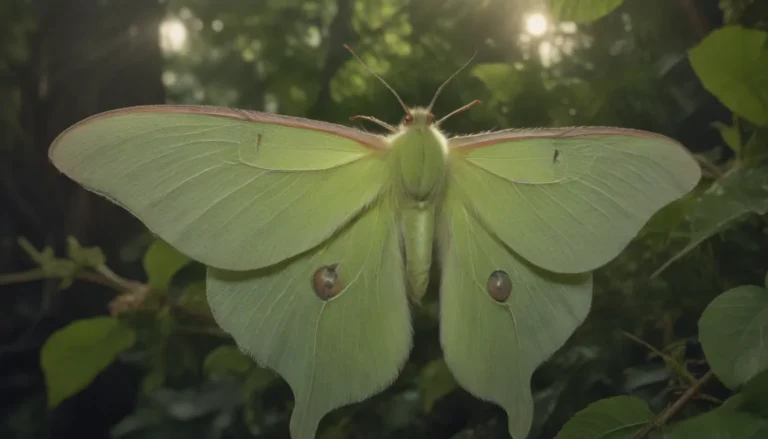Managing Rose Sawflies: A Comprehensive Guide for Gardeners

Are you noticing skeletonized leaves on your rose bushes? You might have a rose sawfly infestation on your hands. These pesky pests, also known as rose slugs, can wreak havoc on your beautiful roses if left unchecked. But fear not, with the right knowledge and tools, you can effectively manage these garden pests and protect your precious plants.
Understanding Rose Sawflies and Slugs
Before we dive into how to manage these unwanted visitors in your garden, let’s take a closer look at what rose sawflies and slugs actually are. The large rose sawfly, also known as Arge ochropus, is a member of the Argidae family. These insects, native to Eurasia, have found their way to eastern Canada and the northeastern United States.
The adult rose sawfly might resemble a fly at first glance, but it is actually a relative of wasps. However, it’s not the adult sawflies that cause damage to your rose bushes, but their larvae, known as rose slugs. These caterpillar-like creatures can munch on rose bush leaves, causing significant damage if left unchecked.
Identifying Rose Sawflies and Slugs
It’s essential to be able to identify these garden pests to effectively manage them. Here’s what to look for:
- Adult Rose Sawfly: About 1/3 inch long, black head and thorax, orange abdomen, and wings.
- Rose Slugs: Olive-colored with an orangey-brown head, up to 3/4 inch long, somewhat slimy bodies.
4 Ways to Get Rid of Rose Sawfly Larvae
When it comes to managing rose sawflies, it’s crucial to target the larvae rather than the adults. Here are some effective methods to control these pests:
-
Hand-Pick Them Off: Regularly inspect the undersides of your rose bush leaves and remove any rose slugs you find by hand. This method is straightforward and effective.
-
Knock Them Off With a Hard Spray: Use a strong blast of water from a garden hose to knock the rose slugs to the ground. This method can prevent them from crawling back up to the leaves.
-
Apply Insecticides: Insecticides such as carbaryl, Neem oil, and pyrethrin can be effective in controlling an active infestation of rose slugs. However, be mindful of their impact on beneficial insects.
-
Use Beneficial Garden Insects: Encourage natural predators like parasitic wasps and predatory beetles to feed on the rose slugs. You can attract these beneficial insects by creating a predator-friendly environment in your garden.
Signs and Prevention of Rose Sawfly Infestation
Detecting a rose sawfly infestation early is key to preventing damage to your rose bushes. Look out for skeletonized leaves and brown veins, which are telltale signs of an infestation. To minimize the likelihood of an infestation, here are some prevention tips:
-
Give Your Roses Basic Care: Well-cared-for plants are more resilient to pests. Start by providing your roses with the care they need to thrive.
-
Use Systemic Insecticides: Apply systemic insecticides around your rose bushes in early spring to prevent rose sawfly infestations. However, be cautious as these insecticides can harm beneficial insects.
-
Remove Food Sources: Eliminate the food sources of adult sawflies, such as common tansy, cow parsnip, and wild angelica, to reduce the chances of infestations in your garden.
-
Understand the Life Cycle: Familiarize yourself with the life cycle of rose sawflies to take preventive measures at various stages of development, such as pupation.
Rose Sawflies vs. Similar Pests
While rose sawflies can be a nuisance, they are not the only pests that target ornamental plants. There are various types of sawflies that attack different plants, including fruit trees, ash trees, oaks, and dogwoods. Understanding the commonalities in control measures for these pests can help you effectively manage them in your garden.
So, next time you spot rose sawflies or slugs on your rose bushes, don’t panic! With the right knowledge and proactive approach, you can effectively manage these garden pests and protect your precious roses. Happy gardening!





